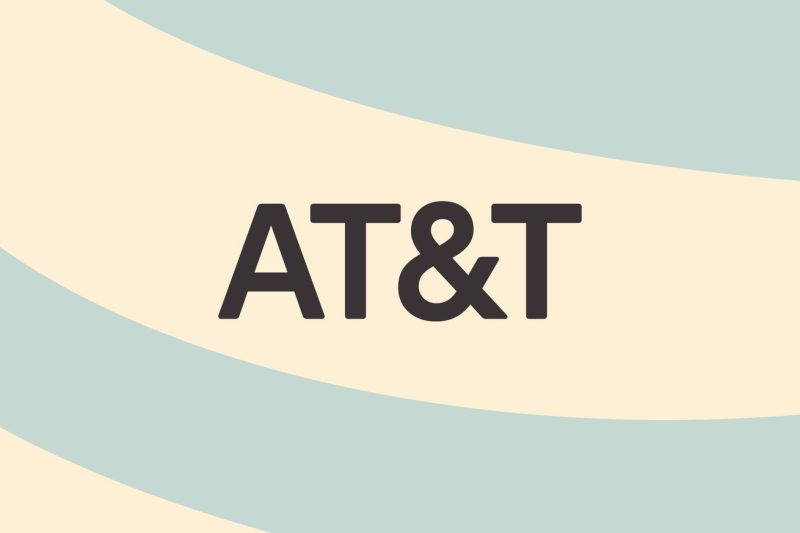In the complex world of telecommunication services, the obligations and responsibilities of major providers like AT&T are continually under scrutiny, particularly in states like California where regulatory oversight is quite stringent. Despite the shifting landscape of communication technologies towards wireless and digital services, traditional landline services still play a crucial role in many communities. In the case of AT&T’s landline service in California, recent developments have highlighted the company’s ongoing legal commitment to maintaining and upgrading this aging infrastructure.
One of the key issues at the heart of this matter is the Universal Service Obligation (USO) that AT&T is bound by in California. This obligation requires the company to provide basic telephone services to all Californians at reasonable rates. While the telecommunications industry as a whole has evolved rapidly in recent years, with a strong focus on high-speed internet and mobile services, the basic need for reliable landline connections remains a cornerstone of communication infrastructure, especially for vulnerable and rural communities.
AT&T’s landline service in California, as with other states, has faced challenges in recent years due to financial pressures and changing consumer preferences. Despite the declining number of landline users and the company’s shift towards digital services, AT&T is still obligated to maintain and upgrade its landline network to ensure universal access to basic telephone services. This includes ensuring network reliability, availability, and affordability for all Californians, regardless of their location or economic status.
The California Public Utilities Commission (CPUC) has been actively monitoring AT&T’s compliance with its USO obligations, particularly in regards to the quality of service, network reliability, and investment in infrastructure upgrades. Recent reports and investigations have raised concerns about the company’s performance in meeting these obligations, leading to potential penalties and fines for non-compliance. AT&T’s efforts to modernize its landline network and align it with the changing needs of consumers are crucial for maintaining universal access and ensuring the continued reliability of basic telephone services in California.
In conclusion, while the telecommunications landscape continues to evolve towards digital and wireless services, the importance of traditional landline services cannot be overlooked, particularly in states like California with diverse populations and geographic challenges. AT&T’s ongoing legal obligations to provide landline services in the state underscore the critical role that these services play in ensuring universal access to communication for all Californians. By upholding its commitments to maintaining and upgrading its landline network, AT&T can help bridge the digital divide and ensure that basic telephone services remain accessible and affordable for everyone in the state.

